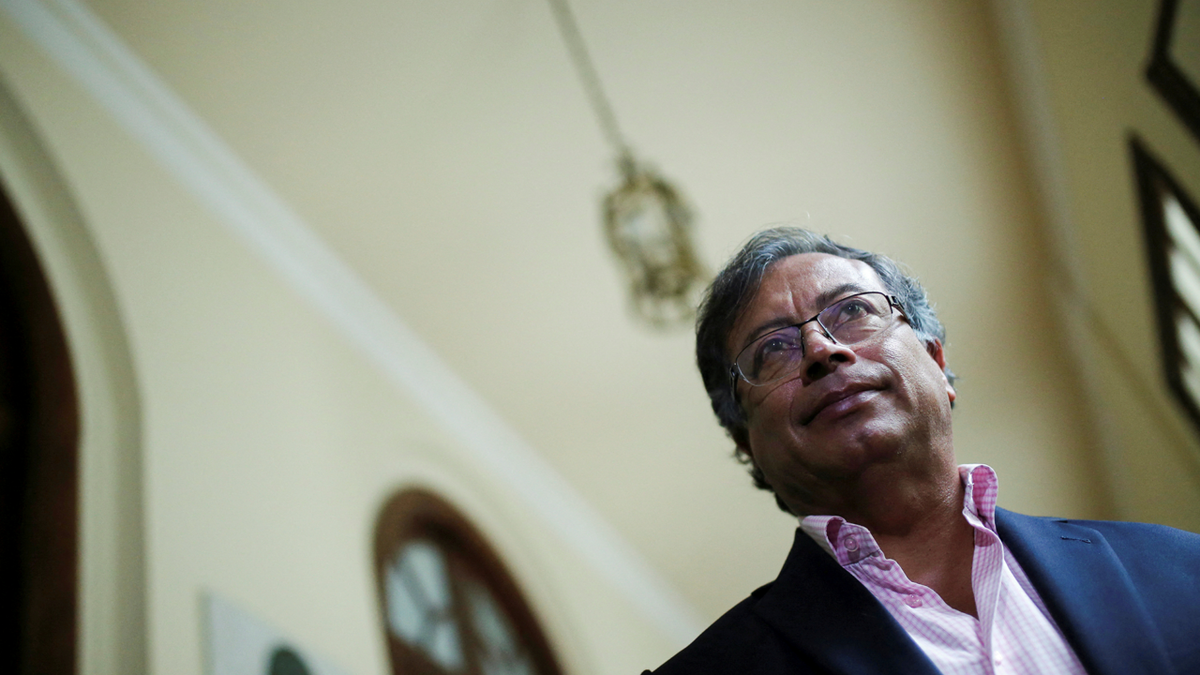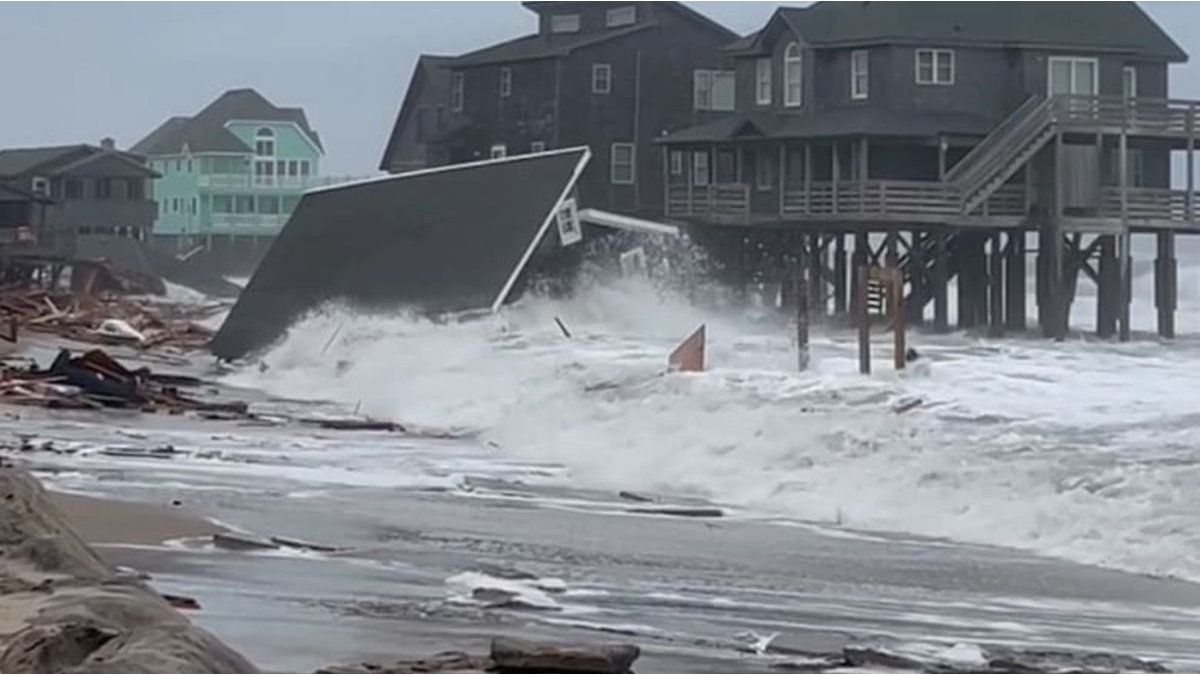The 62-year-old senator and former guerrilla, favorite in the polls for Sunday’s elections, assures that his first decision as president will be “the cessation of contracting oil exploration in Colombia”.
Gustavo Petro would thus embrace the demands in favor of the energy transition, when according to the UN the world has three years left to avoid disastrous warming.
But in the midst of an escalation in crude oil prices due to the invasion of Ukraine, the hydrocarbons union opposes it and predicts millionaire losses.
Gustavo Petro intends to keep the almost 150 current contracts to search for new crude oil reserves. But in the long term, the challenge will be to replace a sector that accounts for a third of Colombia’s exports with some 13.5 billion dollars in 2021.
Blocking new exploration would imply “a loss of 18 billion pesos (about 4,500 million dollars) in fiscal contributions between 2022 and 2026,” warns the Colombian Oil and Gas Association (ACP) in a report.
In addition, the union maintains that Colombia would lose its self-sufficiency capacity as of 2028, with millionaire cost overruns in public services.
The leftist campaign defends its proposal arguing that the oil sector is already experiencing an inevitable decline due to the depletion of reserves and that the global climate emergency demands urgent action.
Álvaro Pardo, advisor to Gustavo Petro for the energy transition, clarifies in dialogue with the AFP: “We have never said that we will reach zero hydrocarbons. Oil exploitation will be reduced to a level of an essential minimum.”
The economist maintains that self-sufficiency is not at risk, since Colombia has proven reserves for the next eight years and contracts that could increase these reserves “for at least 15 more years”.
“Five years ago we produced a million barrels per day, today we are at levels of 730,000 – 760,000 barrels. I think we hit a peak and started to drop,” Pardo notes.
Gustavo Petro proposes to encourage the market for renewable energies such as wind and solar, and “slow down” oil extraction in the next 15 years.
But replacing oil revenues in Latin America’s fourth largest economy is a major feat.
Manufacturing and agriculture, two sectors to which Gustavo Petro aims to compensate for this income, would have to double their export capacity to replace oil in the trade balance, according to the most recent report from the statistical authority.
The proposal of the favorite candidate in the polls coincides with the competition to supply demand, in a market tense due to the Russian invasion of Ukraine.
In Argentina, the president Alberto Fernandez projected to increase oil production by up to 70% in the next five years and promoted the country as a “stable future supplier of energy” during a recent European tour.
The outgoing president of Colombia, Ivan Dukeensures that production could increase to two million barrels per day in four years.
The right-wing president has promoted controversial “fracking” – on hold due to a lawsuit with environmentalists – and offshore drilling.
In the Colombian presidential race, the rightist Federico Gutierrez and the businessman ROlaf Hernandeztwo potential rivals of Gustavo Petro in a possible ballot at the end of June, are related to the oil industry.
“If there is a lesson that the war in Ukraine and Europe’s energy uncertainty are beginning to teach us, it is that the world will continue to need oil and gas for many years,” said Francisco Lloreda, president of the ACP, in an interview with the El Tiempo newspaper.
On his side, the Petro campaign insists: “We are going to de-escalate them because it is the most reasonable thing to do in the face of the climate crisis, because resources are declining and we simply need to enter into an energy transition,” Pardo emphasizes.
Source: Ambito
David William is a talented author who has made a name for himself in the world of writing. He is a professional author who writes on a wide range of topics, from general interest to opinion news. David is currently working as a writer at 24 hours worlds where he brings his unique perspective and in-depth research to his articles, making them both informative and engaging.




